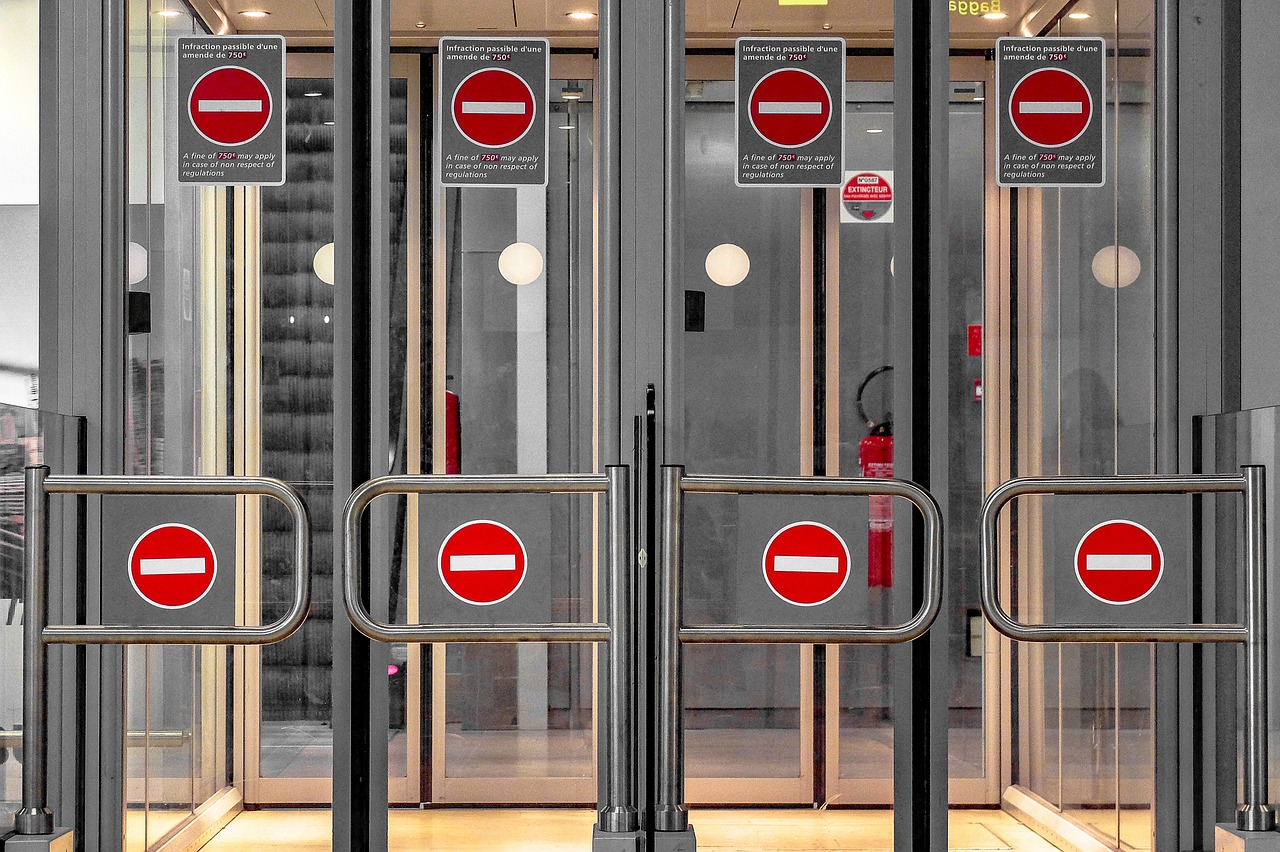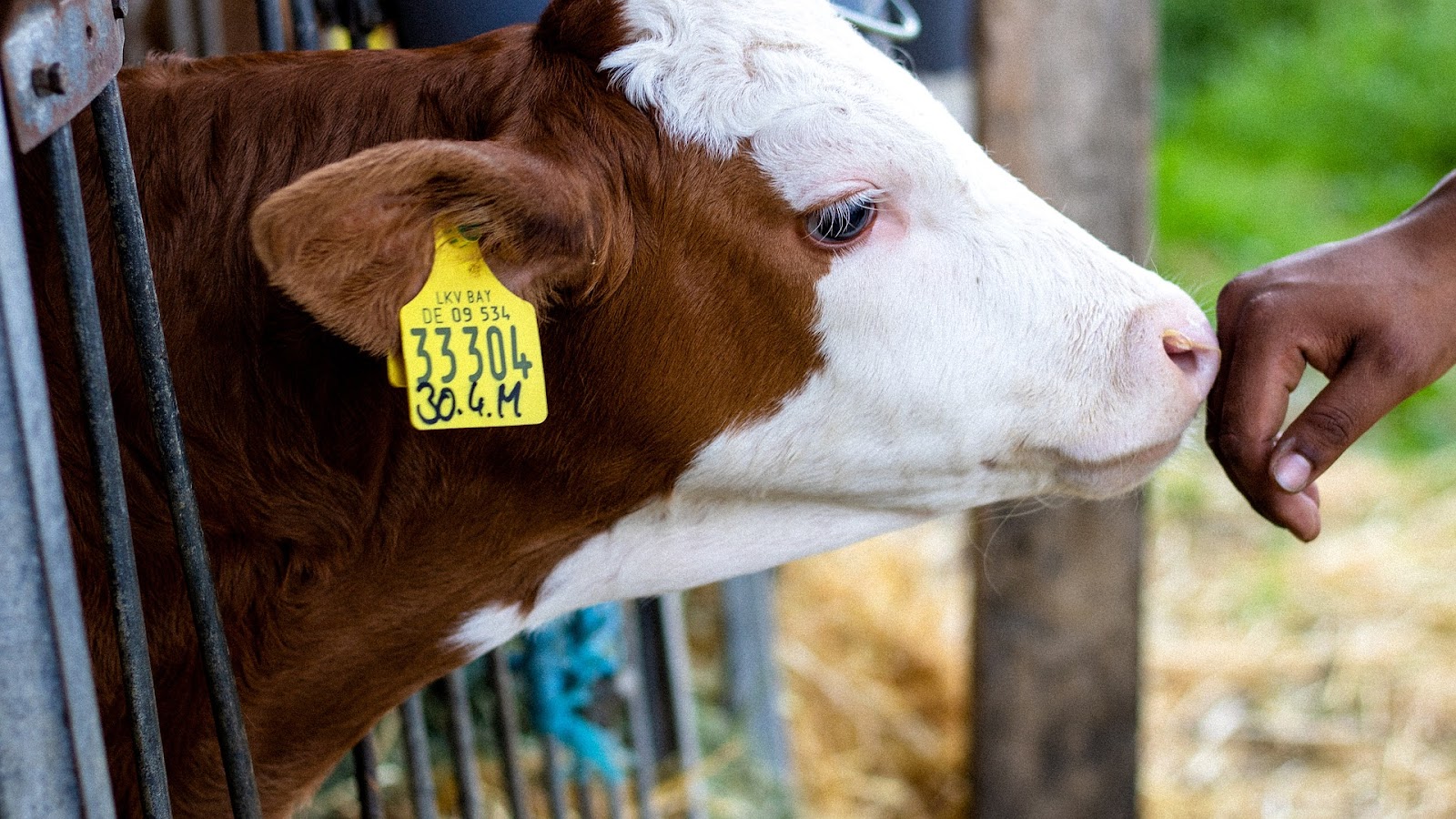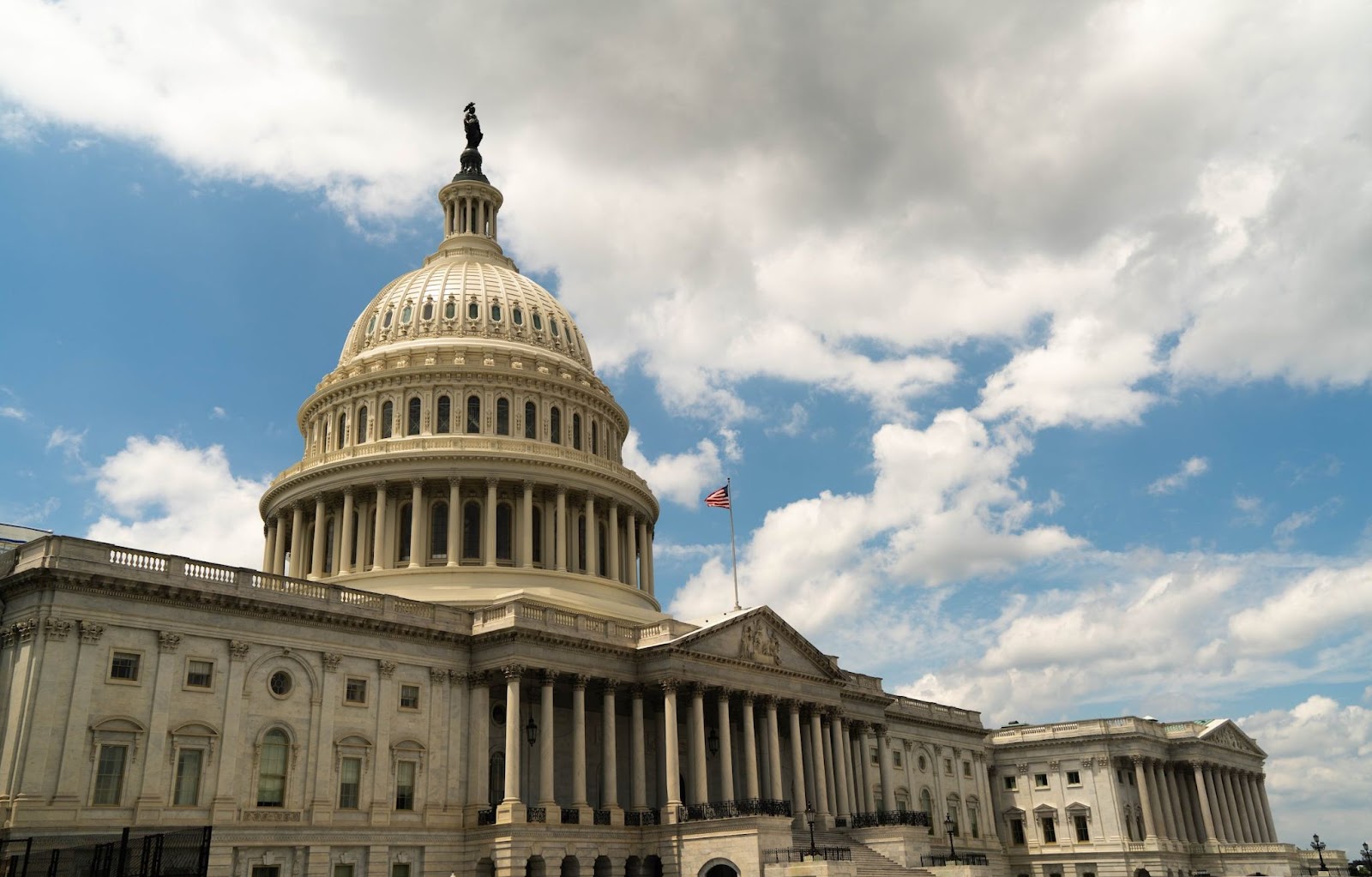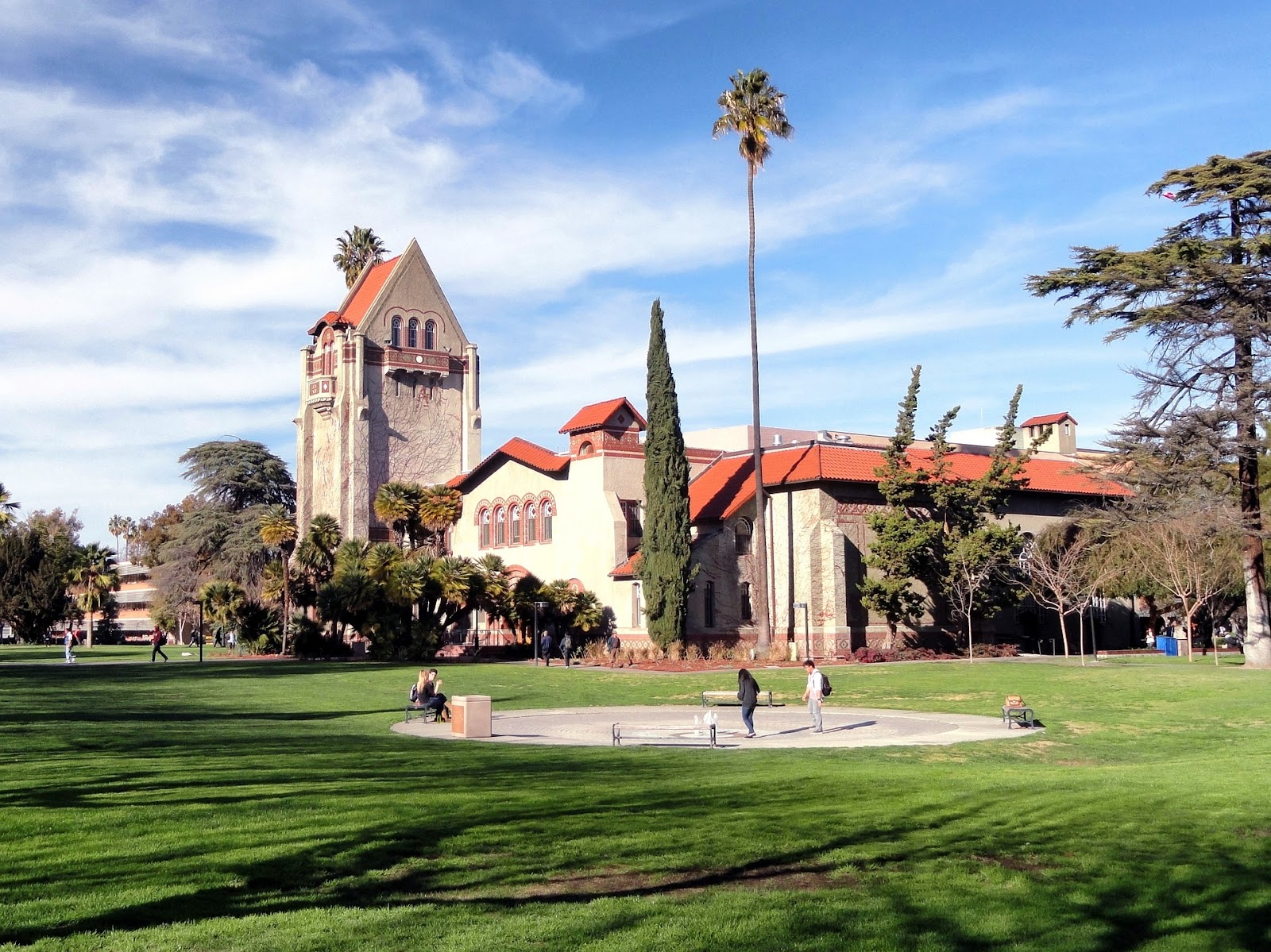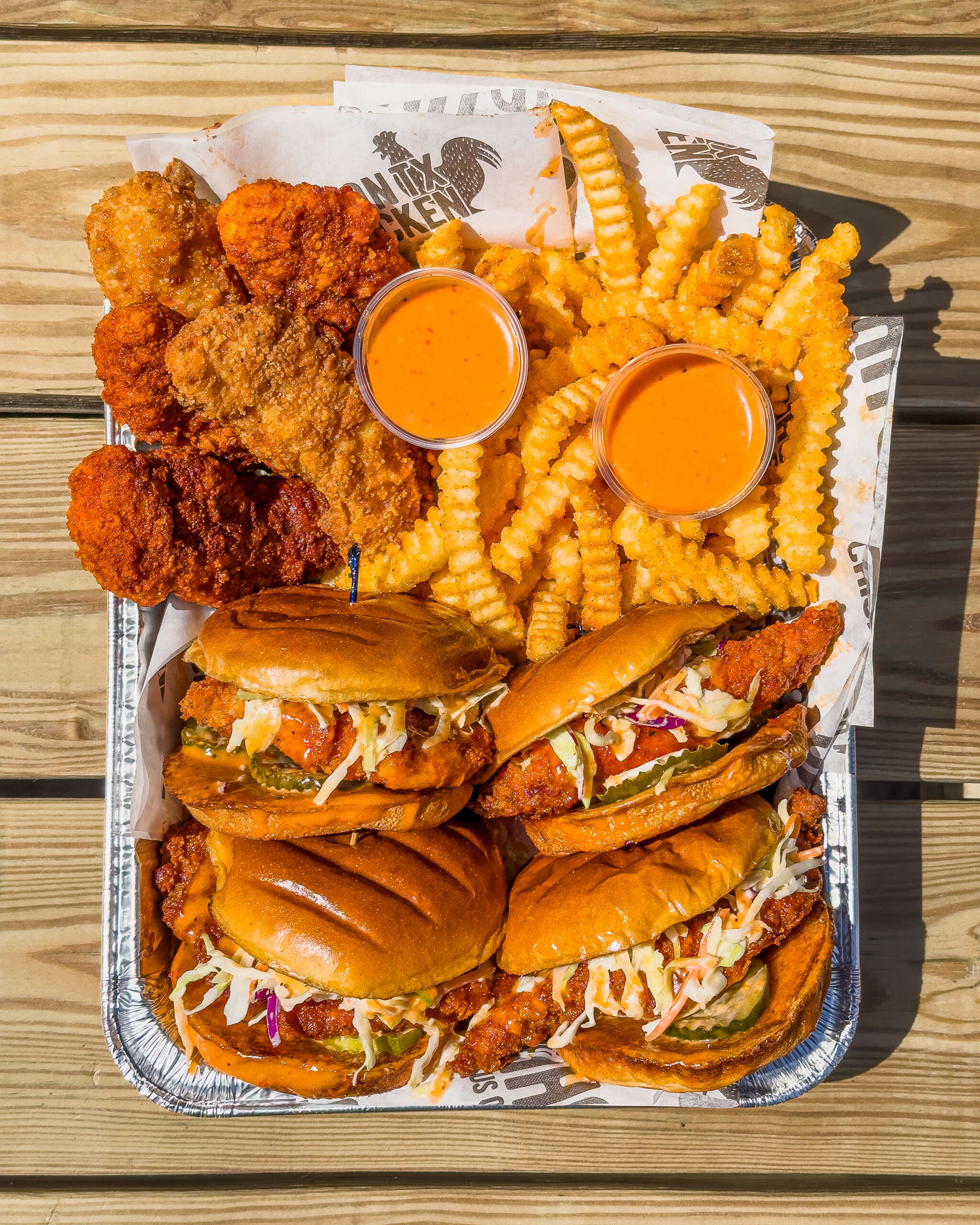The owner of a Panera Bread franchise in California, Greg Flynn, has declared his commitment to raising the minimum wage for his employees when the state’s new fast-food minimum wage law takes effect on April 1. The decision comes amidst confusion surrounding the law seemingly excluding and exempting bakery-based establishments from the new minimum wage requirements.
During a news conference, Governor Gavin Newsom acknowledged the political intricacies behind the exemption, emphasizing that such complexities are part of the ‘sausage-making’ of politics. However, recent reports suggested a potential connection between this exemption and Flynn, a billionaire and longstanding political donor who owns two dozen Panera Bread locations in California. Both Newsom and Flynn vehemently denied any such collusion or influence.
Flynn’s Commitment Despite Controversy
Despite the exemption, Flynn, the owner of Flynn Group, made a resolute commitment that Panera Bread locations under his ownership would adhere to the new law. As a people business, Flynn Group believes that people are their most valuable asset. They further communicated that Flynn Group’s objective is to attract and retain top-tier team members to provide guests with a cherished restaurant experience. Regardless of the bakery exemption in the new law, California locations owned and operated by Flynn Group will implement an increase in all hourly pre-tip wages to $20 per hour or higher, effective April 1.
But this principled stand by Flynn has not shielded him from controversy, leading California Republicans to call for an immediate ethics investigation. Assemblyman Joe Patterson raised concerns about preferential treatment, expressing that individuals affiliated with the party in power receive exemptions, which he believes is unjust. He emphasized that if the law is detrimental to one company, it likely poses challenges for others as well.
This saga took a twist in February when reports suggested that Panera Bread might be exempt from California’s new minimum wage law. Governor Newsom responded to these reports, asserting that Panera Bread may not be exempt after all. The law’s ambiguity, particularly in excluding establishments involved in bread production on-site, remained a subject of scrutiny and speculation.
Political and Legal Complexities
The connection between Newsom and Flynn came under fire, with allegations that their relationship influenced the exemption. Flynn, who has actively participated in Newsom’s campaigns as a donor, opposed the law, advocating for clearer distinctions between true fast-food establishments and fast-casual restaurants like bakeries.
In response to the controversy, representatives for Flynn clarified his stance, noting that he, like many other California restaurant owners, opposed the proposed law. They emphasized that if the bill aimed to address alleged labor code violations in fast-food establishments, its scope should be confined to true fast-food restaurants, excluding fast-casual establishments like bakeries, delis, bagel shops, and others. They continued by stating that Flynn never asked for an exemption or special considerations and was surprised when the exemption appeared in the final legislation. Additionally, Flynn never met with Governor Newsom about this bill, although he did have a meeting with the governor’s staff in a group setting with other restaurant owners.
As the controversy continues to unfold, providing fair wages to his employees remains Flynn’s vocal commitment, irrespective of the surrounding political and legal complexities. The situation raises broader questions about the potential impact of the fast-food minimum wage law on various establishments and the need for clear, unambiguous legislation that ensures equitable treatment across industries.































































































